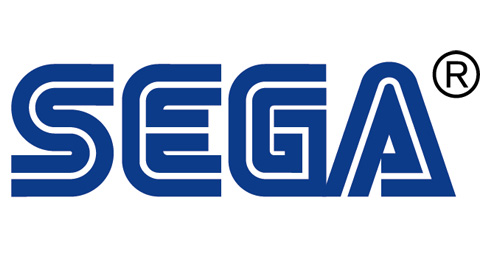Content sales and licensing revenues at the Walt Disney Company have suffered big losses at the hands of the pandemic with dramatic decreases of 56 per cent and an operating income decrease of 78 per cent driven primarily by the closure of theatres, parks and experiences over the course of last year.
Lockdown restrictions and social distancing measures played a major role in significantly reduced theatrical distribution from the studio with many theatres across the globe either closed or operating at reduced capacity in the ongoing fight against the coronavirus.
As a result, Disney content sales, licensing and other revenues dropped by over half to $1.7 billion, while segment operating income decreased 76 per cent to $188 million.
Meanwhile, lower TV and SVOD distribution results were driven by the shift from Disney’s licensing of content to third parties to distribution via its own direct-to-consumer services like Disney+.
The studio has attributed the decrease in home entertainment results to lower unit sales, partially offset by lower marketing costs. The prior-year quarter reflected the performance of Toy Story 4, The Lion King and Aladdin compared to no significant titles in the current quarter.
The negative impact of Covid-19 continued to be felt across Disney’s Parks, Experience, and Products segment which saw Q1 2021 revenues plunge 53 per cent to £3.6 billion, with segment operating results dropping $2.6 billion to a loss of $119 million.
As a result of the pandemic, Disneyland Resort was closed and the company’s cruise business was suspended in the current quarter. Disneyland Paris closed on October 30, 2020 and Hong Kong Disneyland Resort closed on December 2, 2020. Walt Disney World Resort and Shanghai Disney Resort were open in the current quarter, but were operating at significantly reduced capacities.
Disney’s consumer products business has however offered the firm a glimmer of light, with operating income growth driven by an increase in games licensing revenue, reflected in the release of Marvel’s Spider-Man: Miles Morales.
‘The most significant impact on operating income in the current quarter from COVID-19 was an estimated detriment of approximately $2.6 billion at the Disney Parks, Experiences and Products segment due to revenue lost as a result of the closures and reduced operating capacities,’ explained Disney in its Q1 2021 financial statement.
‘The impacts of Covid-19 on our Disney Media and Entertainment Distribution segment were less significant. Lower revenues due to the deferral or cancellation of significant film releases as a result of theater closures were largely offset by the related reduction in film cost amortization, marketing and distribution costs.’
Bob Chapek, chief executive officer, The Walt Disney Company, said: “We believe the strategic actions we’re taking to transform our Company will fuel our growth and enhance shareholder value, as demonstrated by the incredible strides we’ve made in our DTC business, reaching more than 146 million total paid subscriptions across our streaming services at the end of the quarter.
“We’re confident that, with our robust pipeline of exceptional, high-quality content and the upcoming launch of our new Star-branded international general entertainment offering, we are well-positioned to achieve even greater success going forward.”











